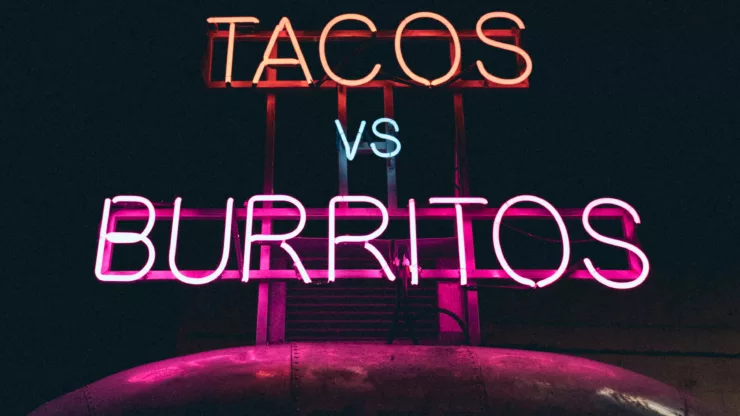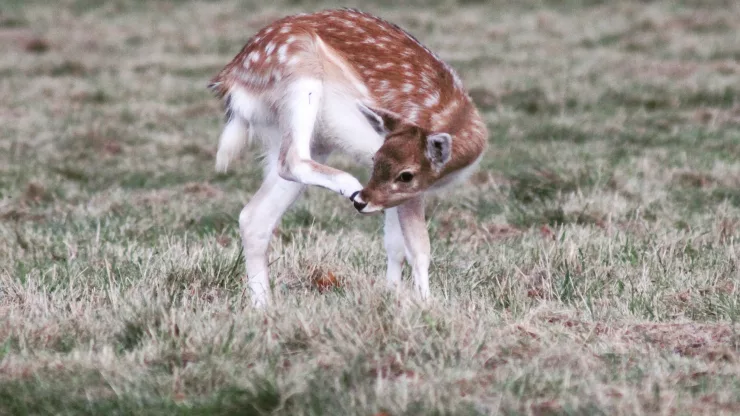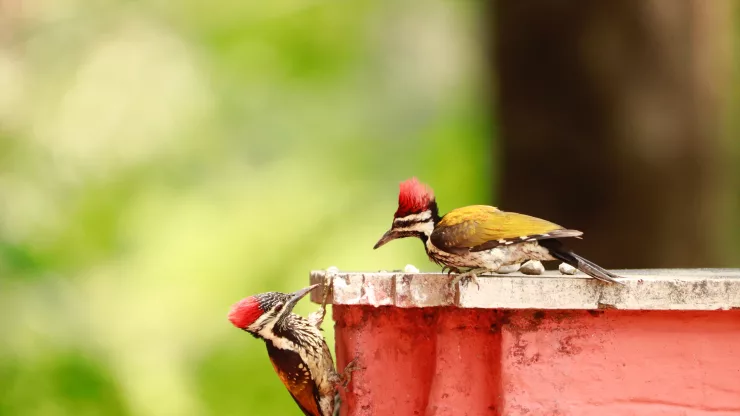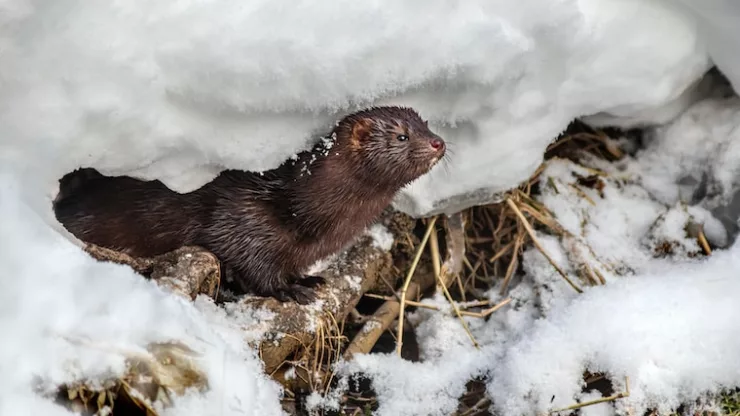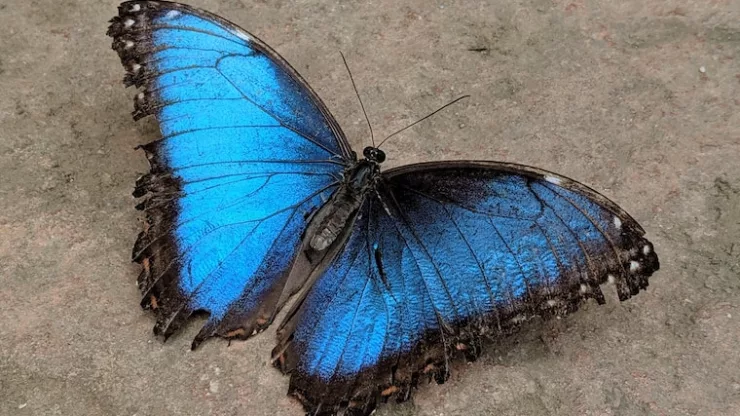Opossums are nocturnal marsupials that can be found in both rural and urban areas.
Although often considered pests, opossums play an important role in the ecosystem by controlling insect and rodent populations and acting as scavengers.
Understanding what urban opossums eat is important for maintaining a healthy environment for both humans and wildlife.
Jump to Section
Introduction
Why Study Urban Opossums’ Diet
Studying the diet of urban opossums is important for several reasons. First, it can help us better understand the role that opossums play in the ecosystem.
Second, it can help us identify ways to attract opossums to our urban gardens and provide them with the necessary resources to thrive.
Finally, it can help us mitigate potential health risks associated with opossums.
The Importance of Urban Opossums in the Ecosystem
Opossums are considered keystone species in their ecosystem, meaning they are vital to maintaining the balance of the environment.
They control insect and rodent populations and act as scavengers, cleaning up carrion and other organic matter.
Without opossums, the environment could become overrun with pests and disease, leading to a breakdown in the ecosystem.
What Do Urban Opossums Eat?
Omnivorous Diet
Opossums are omnivorous, which means they eat both plant and animal matter.
Their diet consists of a variety of insects, fruits, vegetables, nuts, seeds, small mammals, birds, eggs, and carrion.
Natural Food Sources
In the wild, opossums primarily feed on insects, small mammals, and carrion.
They also eat fruits, vegetables, nuts, and seeds when available.
Human Food Sources
Urban opossums have adapted to living in human environments and have learned to take advantage of human food sources.
They will eat pet food left outside, garbage, and even compost piles.
However, it is important to note that opossums do not solely rely on human food sources and should not be considered pests.
Common Urban Opossum Diet Misconceptions
Myth 1: Opossums Only Eat Garbage
While opossums do eat garbage and other human food sources, they also rely on natural food sources in their environment.
Myth 2: Opossums Only Eat Meat
While opossums do eat meat, they also consume a variety of plant matter, including fruits, vegetables, nuts, and seeds.
Myth 3: Opossums Only Eat Dead Animals
While opossums do scavenge carrion, they also hunt and eat live prey, including insects and small mammals.
Factors That Affect Urban Opossums’ Diet
Seasonal Changes
Opossums’ diets can vary depending on the season.
In the summer, they tend to eat more insects and fruits, while in the winter, they rely more on carrion and small mammals.
Habitat Availability
The availability of natural food sources in an opossum’s habitat can also impact their diet.
If there are fewer natural food sources available, opossums may rely more heavily on human food sources.
Opossum Age and Gender
Young opossums require more protein in their diet than adults, and females require more nutrients during pregnancy and lactation.
Urban Opossums’ Diet and Human Health
Diseases Transmitted by Opossums
Opossums are not carriers of the rabies virus, but they can transmit other diseases, such as leptospirosis and salmonella, through their feces and urine.
Opossum Meat Consumption
While opossum meat is consumed in some cultures, it is not recommended due to the potential risk of disease transmission.
How to Attract Opossums to Your Urban Garden
Providing Natural Food Sources
To attract opossums to your urban garden, provide natural food sources such as fruits, vegetables, nuts, and seeds.
Planting native vegetation can also provide opossums with natural food sources.
Creating a Safe Habitat for Opossums
Opossums require safe nesting sites, such as hollow trees or brush piles. Providing these habitats in your urban garden can encourage opossums to visit.
Avoiding Harmful Chemicals in Your Garden
Avoid using harmful chemicals in your garden, as these can be toxic to opossums and other wildlife.
Conclusion
Understanding Urban Opossums’ Diet and Importance in the Ecosystem
Studying the diet of urban opossums is important for understanding their role in the ecosystem and identifying ways to provide them with the necessary resources to thrive.
Future Research Directions
Further research is needed to better understand the impact of urbanization on opossums’ diets and behavior.
FAQ
What do opossums eat in the wild?
In the wild, opossums primarily eat insects, small mammals, and carrion. They also eat fruits, vegetables, nuts, and seeds when available.
Are opossums pests?
While opossums can be considered pests by some, they play an important role in the ecosystem by controlling insect and rodent populations and acting as scavengers.
Can opossums transmit diseases to humans?
Opossums can transmit diseases such as leptospirosis and salmonella through their feces and urine, but they are not carriers of the rabies virus.
I’m a nature enthusiast and creator of Metro Wilds and have spent years exploring the great outdoors.
With a passion for environmental conservation and sustainability, I have dedicated my career to writing about the beauty and wonders of nature, as well as the threats facing our planet.
Contact me at [email protected] for assistance.

